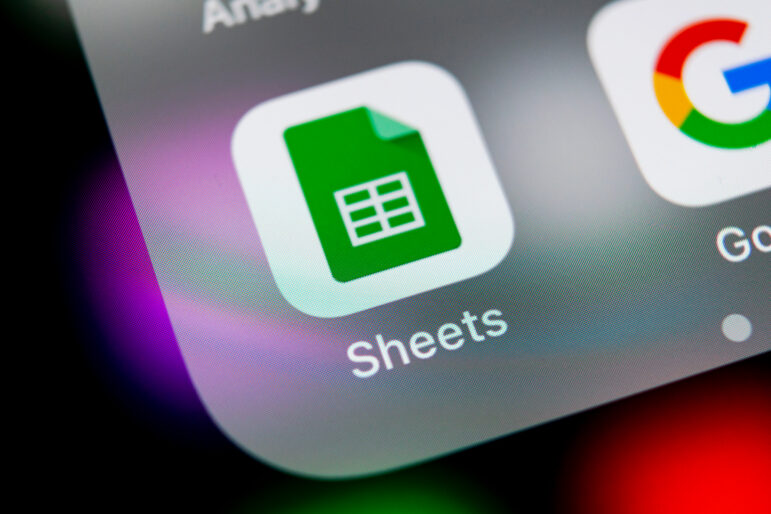
Investigative Techniques Reporting Tools & Tips
Dissecting Propaganda: Using AI to Cut Through North Korean TV Spin
Accessing information from isolated nations like North Korea is difficult. Cutting-edge AI tools now enable efficient analysis of foreign language video broadcasts.



























